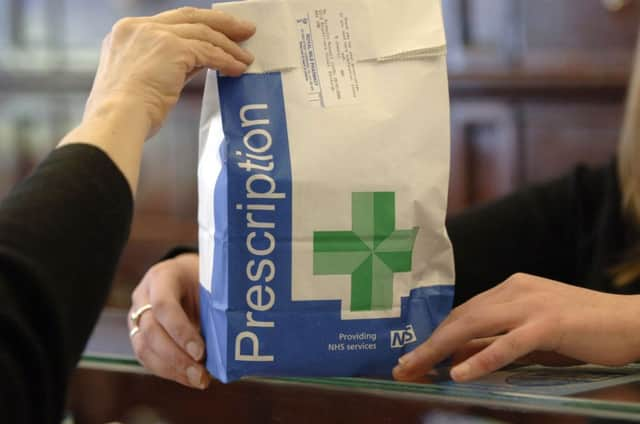Reform should put community pharmacies front and centre


At the end of January the cabinet secretary for health and wellbeing, Shona Robison, announced a review of access out-of-hours to non-urgent medical care. The review, which will also look at GP recruitment and retention, is being led by NHS Grampian public health director Sir Lewis Ritchie and is due to report by the end of the summer. Sir Lewis is also the lead on the Prescription for Excellence: Vision and Action Plan for pharmaceutical care in the community. On the face it of it they would seem very different areas but in reality there is a real opportunity to tap into the potential of the community pharmacy network to deliver out of hours care.
Currently the vast majority of pharmacies are open at least six days a week; some indeed are open seven days a week. This means that community pharmacy teams become an important part of the healthcare landscape for out of hours care. In fact this has already been acknowledged at a national level through introduction of a facility for community pharmacists to supply a patient’s regular medications for long-term conditions through an unscheduled care protocol. The review presents an opportunity to look at how the service for patients may be enhanced further to support appropriate out of hours care provision.
Advertisement
Hide AdAdvertisement
Hide AdThe community pharmacy contract in Scotland also embeds a national minor ailment service which allows community pharmacies to prescribe for patients presenting with minor conditions, without the need to see a GP. Recent evidence suggests that around two million consultations with GPs in Scotland are still for minor conditions and these patients could be seen in a community pharmacy setting. A visit to the community pharmacy is certainly less stressful and more accessible for patients; it also results in less money leaving the under-pressure NHS system.
So what can we in community pharmacy do to help the out of hours service here and now?
Promoting the community pharmacy NHS minor ailment service would be a good starting point. One of the stipulations for these NHS pharmacy services is the need for the pharmacy to use only NHS approved materials to promote the service. It should by now be apparent that this can only cascade awareness so far; we need a co-ordinated national campaign to promote the benefits to patients and increase the profile of the community pharmacy network. We also need to change the eligibility criteria for the service. Currently the exemption criterion for the NHS minor ailment service is the same as it was before prescription charges were reduced to zero. Although the majority of patients accessing the service are over 60 or under 16 it does make it difficult to engage with other patients around their eligibility. Making it available to all, and even creating a list of conditions and products that can be supplied (this allays any cost fears some may have), makes complete sense given the impact this service could have to support the bigger healthcare picture. Community Pharmacy Scotland has called for this but as yet has had no response from Scottish Government. This review offers another to make that case.
Community Pharmacy Scotland also calls on the Scottish Government and the out of hours review group to look at extending the scope of the national minor ailment service to incorporate more common clinical conditions which could be easily delivered from community pharmacies. Instances of uncomplicated urinary tract infections, nappy rash, bacterial throat infections, COPD exacerbations and impetigo are just a few of the conditions which could be considered.
On top of this, professional links should be enhanced, so that the right patient is being seen by the right healthcare professional in the right place as efficiently as possible. We are all in the business of delivering high quality patient care so we should act as one healthcare team and pool our combined assets.
The primary focus of the out of hours review seems at least initially to be considering the roles of GPs. While Community Pharmacy Scotland wholeheartedly agrees that this should be an area to focus on, we would also make a plea for other important cogs in the out of hours wheel to be considered as part of the solution.
• Harry McQuillan is chief executive of Community Pharmacy Scotland www.communitypharmacyscotland.org.uk